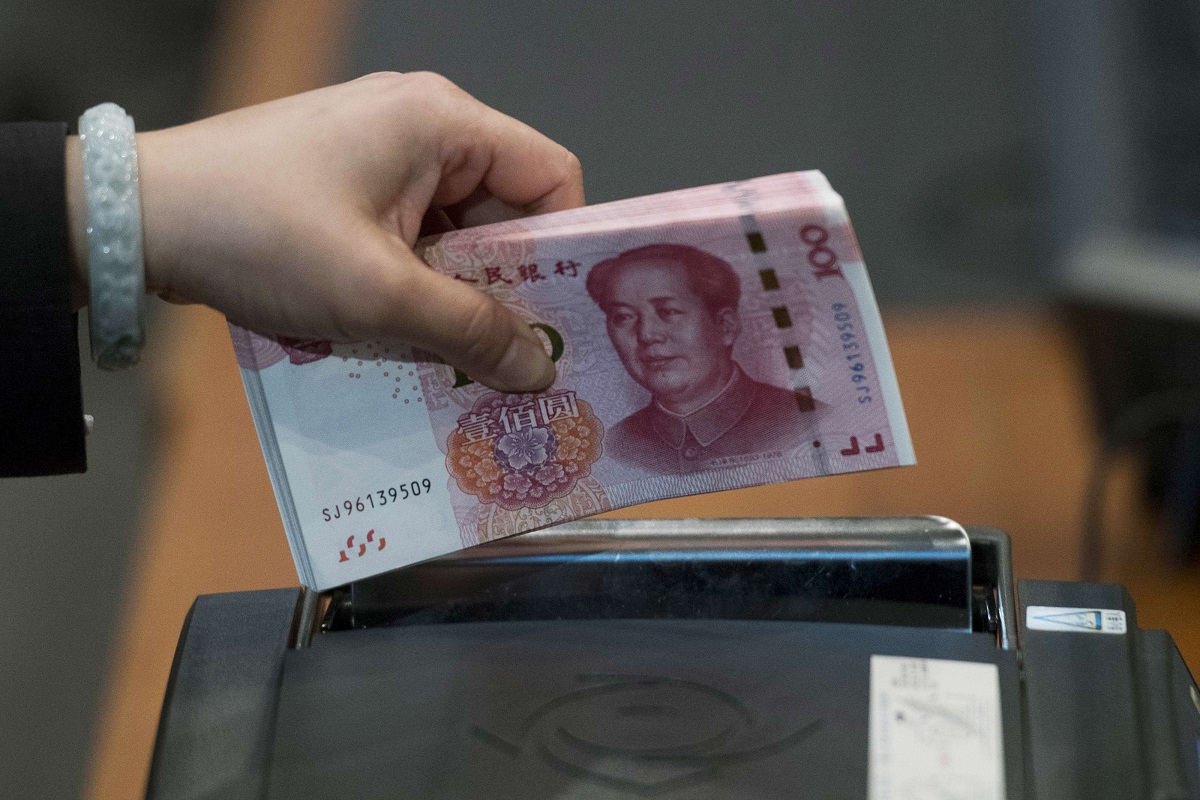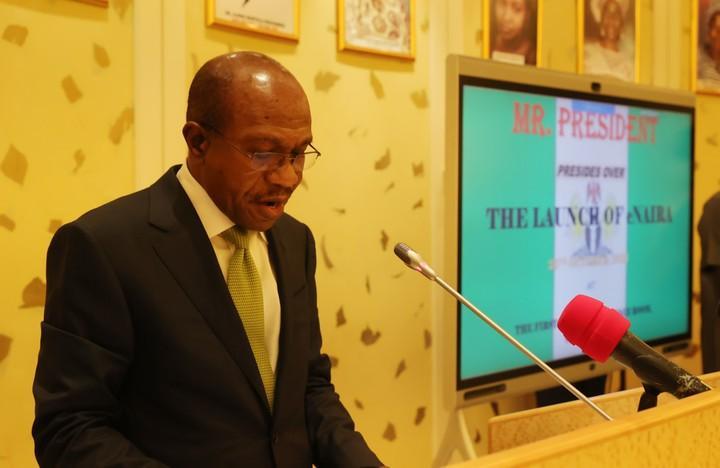- CBN Set for Second Sale of Chinese Yuan
The Central Bank of Nigeria, on Friday, asked lenders to submit bids for the Chinese yuan in its second auction of the currency after it agreed a swap with the People’s Bank of China in May, traders said.
But importers said they were yet to access the yuan weeks after the apex bank commenced the sale of the currency.
The CBN flagged off its intervention in the sale of foreign exchange in the yuan on July 20, pursuant to the Bilateral Currency Swap Agreement signed with the People’s Bank of China on April 27, 2018.
The CBN signed a $2.5bn three-year currency swap deal with Beijing in May, to facilitate trade between the two countries and cut reliance on the dollar.
It sold 69.86 million yuan ($10.16m) in its first auction of the Chinese currency two weeks ago at a range of N49 to N51, Reuters reported.
According to Reuters, dollar liquidity has been shrinking as a result of capital reversals after the United States central bank started to raise interest rates this year.
Concerns over political risk in the run-up to next year’s presidential election, where incumbent President Muhammadu Buhari will seek re-election, and falling yields on government treasuries have reportedly deterred inflows.
The auction is part of efforts to encourage the use of an alternative trading currency to the US dollar, especially as Nigeria imports heavily from China.
Traders said bids at the auction must be backed by customer invoices and the exchange rate would be determined via a book-building process.
They said the CBN also planned to auction the US currency on Friday.
The naira, which is traded over the telephone, has been quoted at a range of 362 to 363 per dollar.
Traders were quoted as saying that it could ease to 364 next week owing to tight liquidity on the interbank market.
The unit is quoted at around 306 per dollar on the official market, supported by central bank’s regular intervention.
Meanwhile, importers have claimed they are yet to access the yuan.
The apex bank was reported to have said that the sales would be through a combination of spot and short tenured forwards.
It added that the exercise, which would be Special Secondary Market Intervention Sales retail, would be dedicated to the payment of Renminbi-denominated Letters of Credit for raw materials and machinery and agriculture.
The President, Lagos Chamber of Commerce and Industry, Mr Babatunde Ruwase, said he had ordered some items from China and was informed that he could buy with the yuan.
“I told them to get yuan, but they said it was not available yet,” he said.
Other importers said they had not yet accessed the currency at the interbank foreign exchange window.
The Director-General, Lagos Chamber of Commerce, Mr Muda Yusuf, confirmed to our correspondent that people had started issuing Letters of Credit to access the yuan.
But the Zonal Coordinator, Save Nigeria Freight Forwarders, Dr Osita Chukwu, told our correspondent that for importers who had transactions to complete, the time they had to wait for the currency was too long.
He said, “Among importers and others who buy goods from China, there has not been any information as to where to access the yuan. We have not even had a stakeholders’ meeting to discuss it.
“For now, we are still conducting our transactions in dollars or yuan bought from the black market.”
The yuan currently exchanges for N52/CNY on the black market. This represents a 3.70 per cent decrease from the exchange rate of August 1, which was N54/CNY, according to dealers. The currency trades N44.37/CNY officially.

 Naira4 weeks ago
Naira4 weeks ago
 Naira3 weeks ago
Naira3 weeks ago


 Naira4 weeks ago
Naira4 weeks ago




 Naira3 weeks ago
Naira3 weeks ago
 Commodities4 weeks ago
Commodities4 weeks ago


 Sport Business4 weeks ago
Sport Business4 weeks ago


 News3 weeks ago
News3 weeks ago


 Banking Sector4 weeks ago
Banking Sector4 weeks ago
























